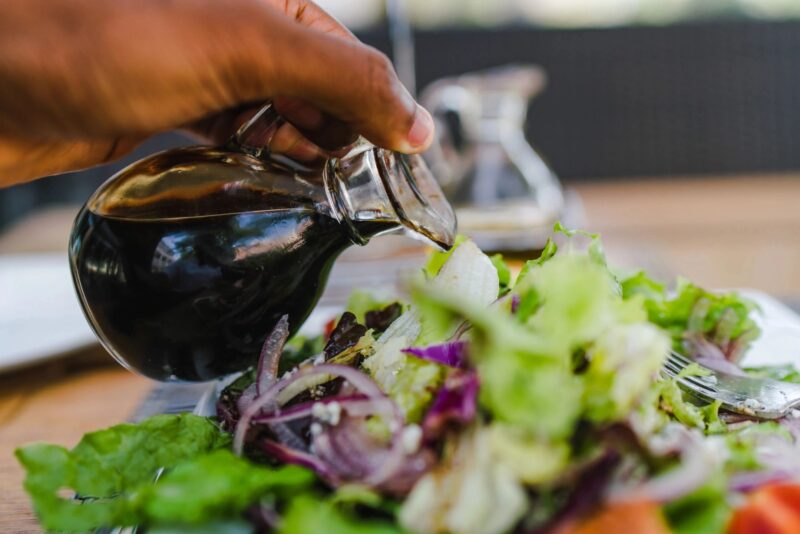Most students have a busy schedule and rarely have the opportunity to sit down and have a healthy meal. Many students frequently eat in a rush, feed on processed food because of time constraints, or don’t eat.
These bad eating habits make you fatigued, stress you out, and damage your immune system. You have to learn how to combine healthy eating habits with a busy schedule, which could include weekly diet meals. Here are some suggestions for eating properly while juggling a busy schedule.

Set up Reminders For Your Meal Times
If you like to schedule everything on your calendar, don’t forget to schedule in periods to remind yourself to eat a snack or a meal.
Even if you’re busy running around or doing school, this letter will remind you to eat something. After long hours of hard work, taking a snack break will allow you to take a break and let your brain relax for a bit.
Stay Hydrated By Drinking Plenty Of Water
When people are busy, they frequently forget to drink water. Water, on the other hand, is required for the body’s proper functioning, particularly that of the brain. Your cognitive function will deteriorate, and your brain will not work adequately if you are dehydrated.
Carry a reusable water bottle around campus with you at all times and refill it at the water stations. Various apps on the market might help you remember to drink water throughout the day.
Select The Higher-quality Protein Or Granola Bars
These bars should not be used to replace a meal. The nutrients in the bar are insufficient to keep your body running smoothly. These bars are more like nibbles that provide a rapid energy boost when the body is depleted.
Check the ingredient list before buying energy bars to be sure you understand what’s in them. When a name seems too odd, don’t purchase it. You may produce handmade bars that are tailored to your specific needs and tastes with a little forethought.
You Should Bring Your Snacks
Fruits, veggies, and nuts can be packed to eat throughout the day. Slices of fruits like an apple with nut butter, pretzels with hummus, or fruit and nuts mixtures are other snack alternatives. When you cook or pack your snack, you know exactly what goes into it. Having healthy snacks also enables you to have significant savings as time goes by. Having snacks intermittently will help you avoid eating too much or too few nourishing meals at the end of the day.
Make Healthier Restaurant Selections
When they don’t have enough time to cook, a lot of people choose to dine out. It’s easier than you think to choose and order a more nutritious alternative in a restaurant. Choose dishes that are mostly veggies, nutritious grains, and lean protein. To make a well-balanced meal, include a variety of side dishes. Also, pay attention to the portion sizes available.
You should not feel pressured to complete everything on your plate because restaurants frequently serve servings that are too large for one person to finish, or you could choose weekly diet meals.
Other options are sharing a meal with a friend, asking for a smaller serving, or putting half of your plate in a to-go box for later.


